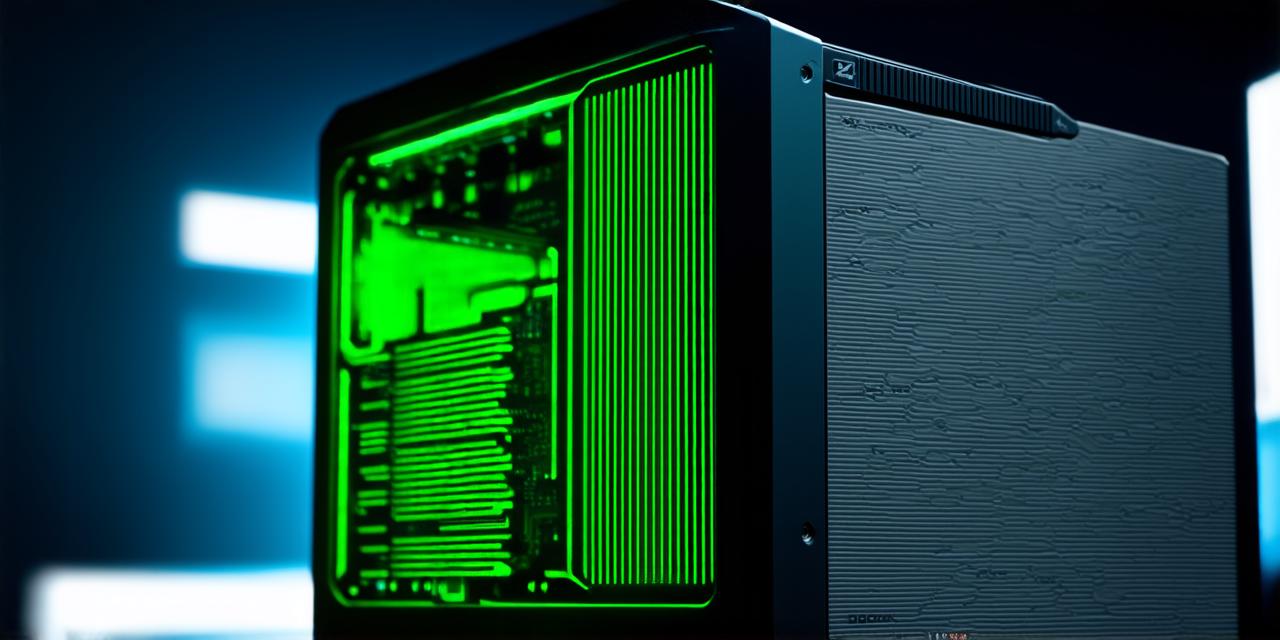Unreal Engine is a popular game development tool used by many professionals and hobbyists alike. While it is capable of producing stunning visuals, it can also be resource-intensive, requiring powerful hardware to run smoothly.
What is Unreal Engine?
Unreal Engine is a real-time 3D creation engine developed by Epic Games. It is widely used in the gaming industry to create immersive, interactive environments and characters. The software offers a wide range of features, including physics simulation, animation tools, and support for various programming languages.
Requirements for Unreal Engine
Unreal Engine has minimum requirements for running on a computer, including:
- Operating system: Windows 7 or later
- Processor: Intel Core i5-4460 or AMD FX 8320 or better
- Memory (RAM): 8GB or more
- Graphics card: Nvidia GeForce GTX 960 2GB or AMD Radeon R9 280 2GB or better
While these requirements may seem daunting, it is important to note that Unreal Engine is highly customizable and can be optimized for different hardware configurations. However, running the software on a system with limited memory can result in slower performance and crashes.
How Memory Affects Unreal Engine Performance
Memory (RAM) plays a crucial role in the performance of Unreal Engine. It is responsible for storing data that is currently being used by the processor, allowing for faster access to this information. When there is not enough memory available, the computer must swap out some of this data to disk, which can significantly slow down performance.
In Unreal Engine, the amount of memory required for a project depends on several factors, including the complexity of the graphics, the number of objects in the scene, and the level of detail in the textures. A project with high-quality graphics and a large number of objects will require more memory than a simpler project.
Case Study: Unreal Engine on an 8GB System
To gain a better understanding of how well Unreal Engine performs on a system with limited memory, let us consider a case study. Suppose we have a computer with an Intel Core i5-4460 processor and 8GB of RAM. We decide to use this system to create a simple game with basic graphics and a small number of objects.
At first, the project runs smoothly, with no noticeable lag or crashes. However, as we add more complex graphics and increase the number of objects in the scene, we begin to experience slower performance. The frame rate drops, and the game becomes unresponsive at times. Eventually, the game crashes, and we are forced to restart our computer.
Comparing Unreal Engine on Different Systems
To further illustrate how memory affects Unreal Engine performance, let us compare the experience of running the software on different systems. Suppose we have two computers with identical processors and graphics cards but different amounts of memory. The first system has 8GB of RAM, while the second system has 16GB of RAM.
When we run the same project on both systems, we notice a significant difference in performance. On the system with 8GB of RAM, the game runs smoothly at first but becomes unresponsive and crashes as we add more complex graphics and objects. In contrast, on the system with 16GB of RAM, the game runs smoothly even with high-quality graphics and a large number of objects.
